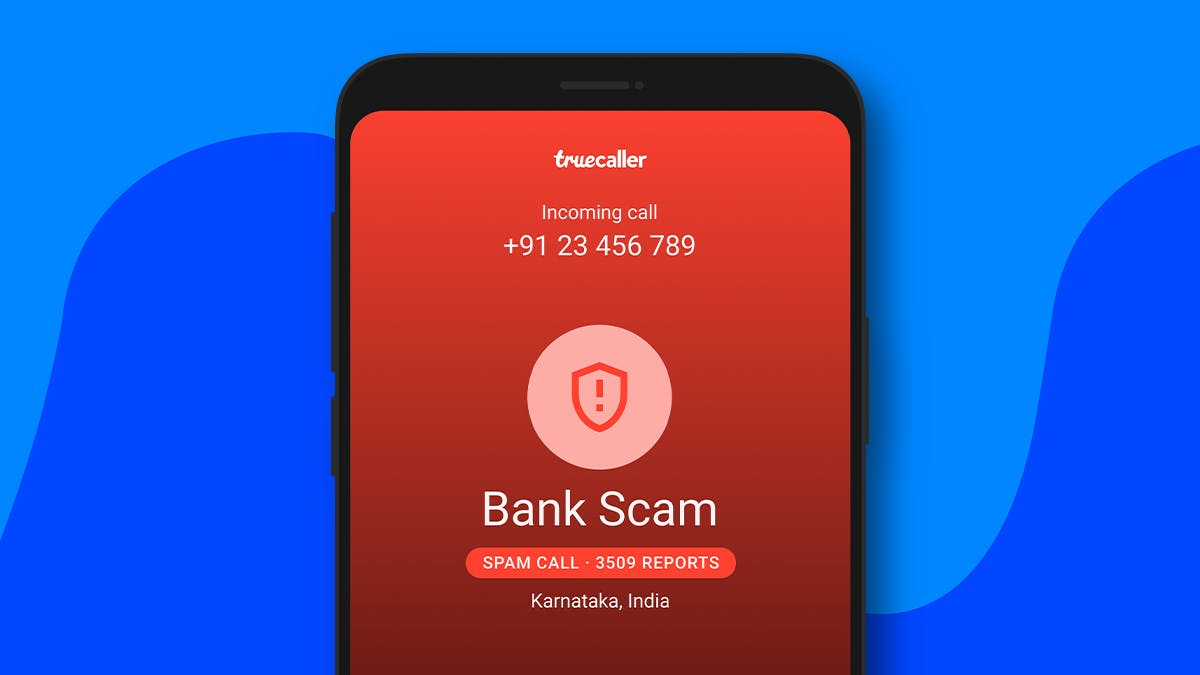
Are You Smarter Than A Phone Scammer?
Tara Anand Kumar
May 31, 20243 min readEdited on Sep 12, 2024
Phone scams are becoming increasingly sophisticated, targeting individuals with tactics designed to trick even the most cautious among us. At Truecaller, we believe that staying informed and vigilant is your best defense against these cunning fraudsters. Here are some essential steps to help you outsmart phone scammers and protect yourself from their schemes.
Never Share Personal Information
One of the most crucial rules to remember is never to share personal information over the phone. Legitimate companies, including your bank, will never ask for sensitive details like your credit card information, one-time password (OTP), or account passwords through an unsolicited phone call. If you receive a call requesting this information, it’s a major red flag. Hang up immediately and contact the company directly using a verified phone number.
Verify the Caller
If you receive a call from an unknown number claiming to be someone you know asking for something out of the ordinary, hang up and call them back on their known number to verify if it’s them. This extra step can prevent you from falling victim to a scammer posing as a trusted entity or someone you know personally. Think of it as your secret agent move—always double-check your intel.
Stay Calm and Think
Scammers often use scare tactics to create a sense of urgency, pressuring you to act quickly without thinking. They might claim that your bank account has been compromised or that your phone number will be deactivated in the next few hours. These high-pressure tactics are designed to make you panic and comply with their demands. Stay calm, take a deep breath, and think before you respond. Legitimate organizations will never rush you into making hasty decisions over the phone. Remember, a real entity won’t make you feel like you’re in an action movie chase scene.

Look out for scam and spam calls with the red caller ID on Truecaller
Use Spam Blockers
Truecaller can identify spam calls and also block them. You can also take advantage of advanced spam-blocking features that can help you stay one step ahead of scammers. Our AI-powered Max Protection setting blocks calls from numbers that are not in your approved contact list or that our AI identifies as potential spam. This feature provides an additional layer of security, allowing you to focus on what matters without the constant interruption of unwanted calls. Consider it your personal security detail, always on guard.
Stay Informed
Staying informed about the latest scam techniques can help you recognize them more easily. Follow trusted sources for updates on new scams and share this information with friends and family. Truecaller shares regular Scam Alerts which highlight popular scams that are prevalent in different parts of the world and how you can stay safe.
Report Scams
Reporting scam calls to authorities can help prevent others from falling victim. Reporting the number on Truecaller helps warn other people using Truecaller about a suspicious caller.
By following these steps, you can significantly reduce your risk of falling prey to phone scammers. Remember, staying vigilant and taking proactive measures is your best defense. With Truecaller’s robust spam-blocking features and your informed approach, you can outsmart scammers and keep your personal information safe.
At Truecaller we have made it our mission to build trust in communication. We do our best to help you navigate a world where fraud and unwanted communication are a part of your daily life. Stay updated about recent scams, and watch the latest YouTube videos on how you and the 400 million-strong community of people using Truecaller every month can stay protected. You'll find us on X, Facebook, Instagram, and TikTok.

Tara Anand Kumar
May 31, 20243 min read

